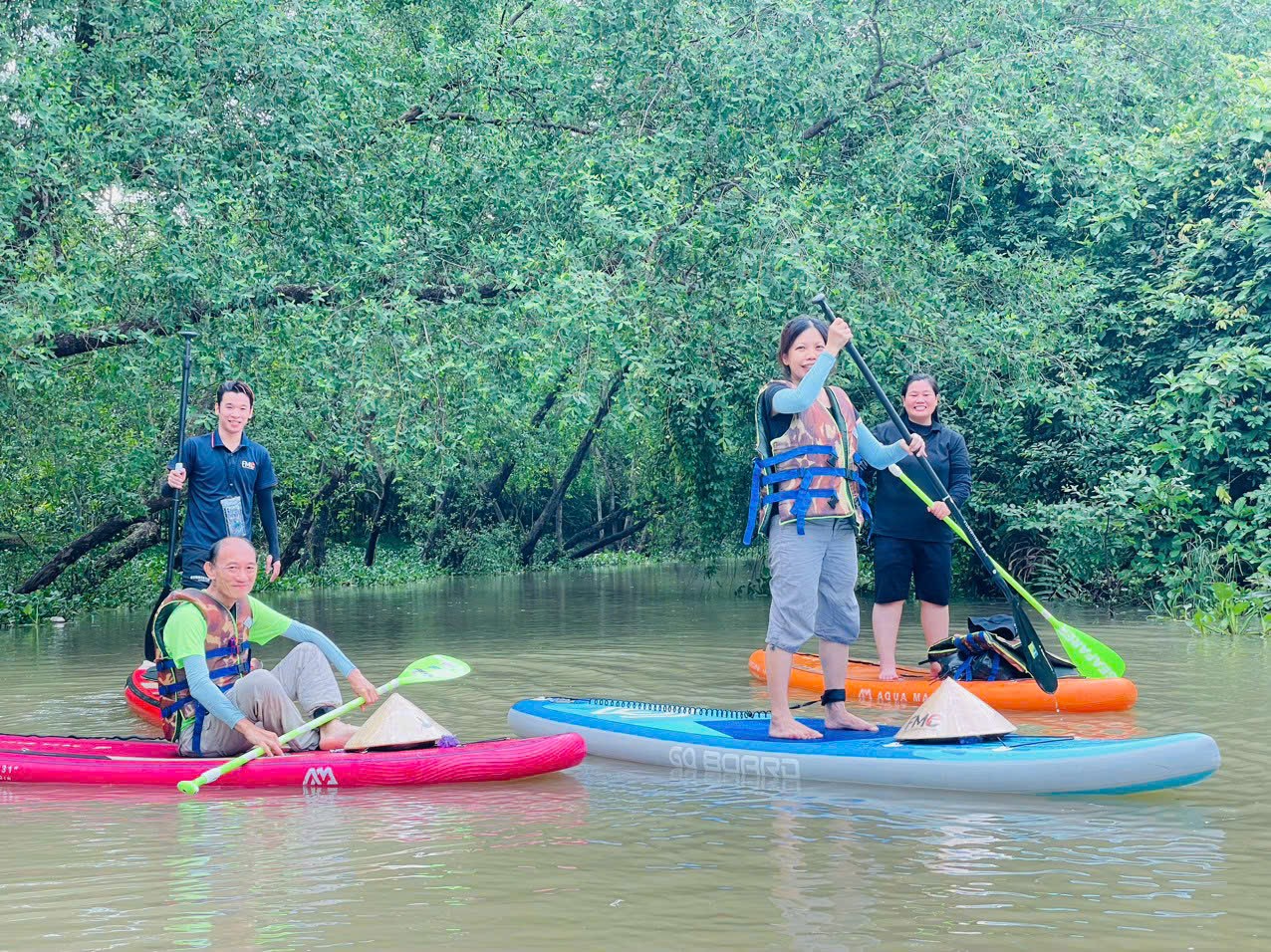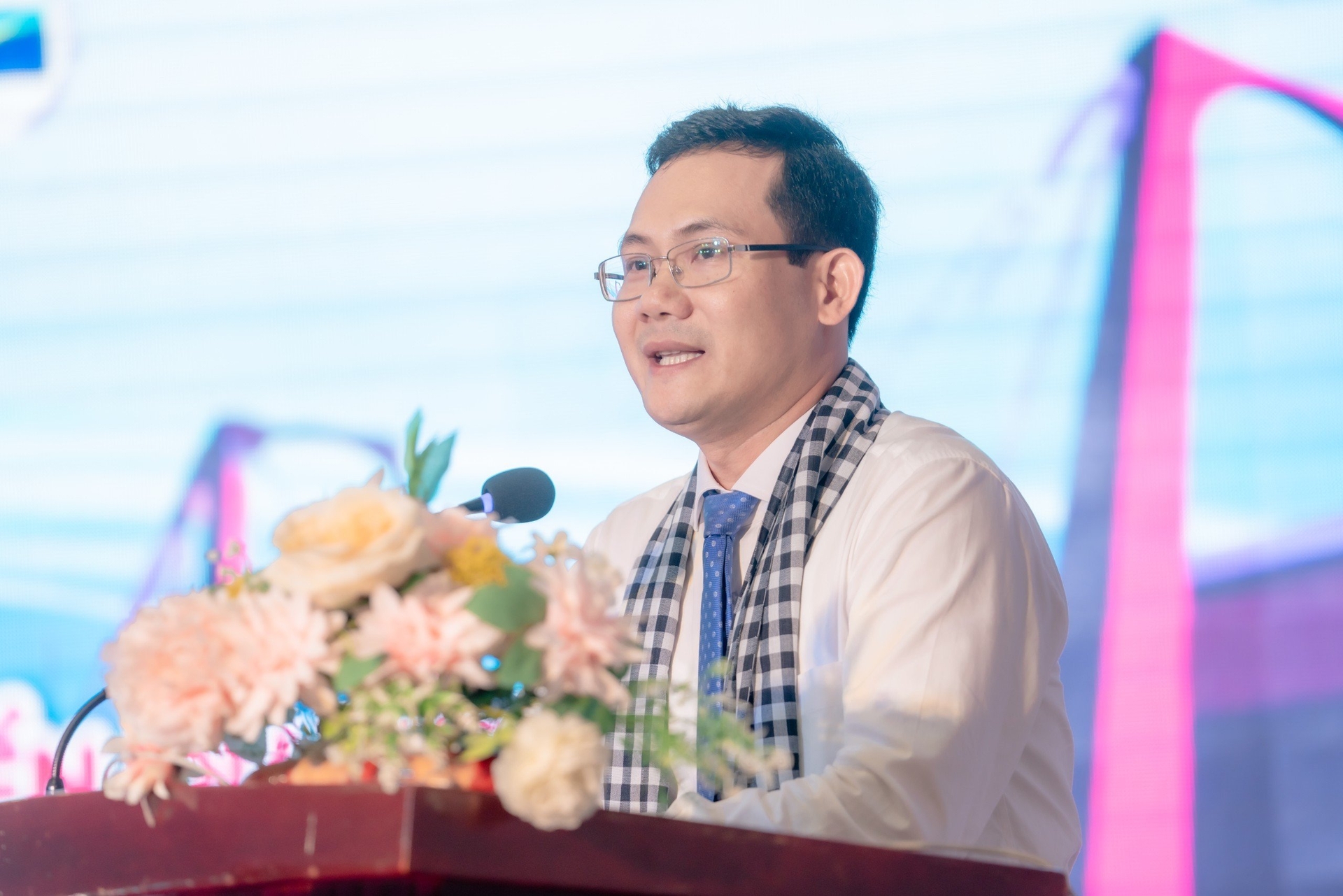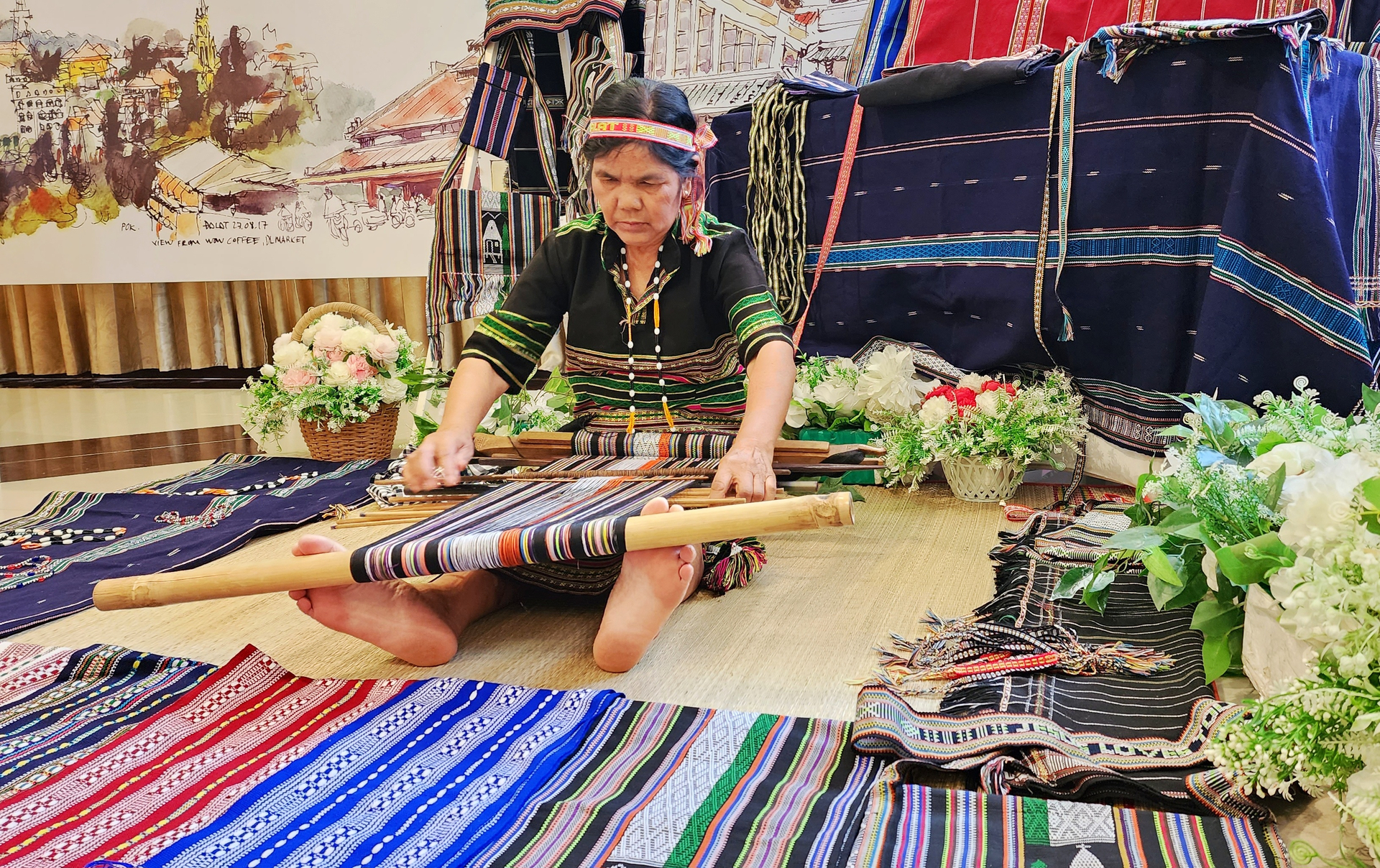November 24, 2025 | 06:42 GMT +7
November 24, 2025 | 06:42 GMT +7
Hotline: 0913.378.918
November 24, 2025 | 06:42 GMT +7
Hotline: 0913.378.918

The tourism development sector in the Mekong Delta region currently focuses on agritourism and eco-tourism. Local travel businesses are currently interested in expanding their offering of tourism services. Photo: Kim Anh.
The Mekong Delta is one of the seven key tourism regions in Vietnam, known for its primeval forests, biosphere reserves, national parks, natural conservation areas, and waterlogged landscapes. In addition to its long-standing customs and traditions, numerous cultural and historical landmarks and festivals have contributed to the development of a wide range of tourism services.
According to Mr. Nguyen Minh Tuan, Director of Can Tho city's Department of Culture, Sports, and Tourism, an influx of tourists from the Mekong Delta have recently gravitated towards destinations in the Central Highlands, including Da Lat City and Lam Dong province. However, the reverse flow of tourists from the Central Highlands to the Mekong Delta remains limited.
The tourism development sector in the Mekong Delta primarily focuses on agritourism and eco-tourism. However, there is a notable gap in terms of scale and quality compared to destinations the Central Highlands such as Da Lat City, whereas discrepancies in high-tech agritourism is the most evident.
With the aim of strengthening connectivity and attracting tourists between Lam Dong province, Can Tho city, and Dong Thap province, the local Departments of Culture, Sports, and Tourism signed a cooperation agreement on September 22 regarding tourism development in 2023. Mr. Tuan expects that local investors, service providers, and travel businesses will utilize the agreement to join forces and establish two-way tourism services.

Mr. Nguyen Minh Tuan, Director of Can Tho city's Department of Culture, Sports, and Tourism, expects that local investors, service providers, and travel businesses will utilize the cooperation agreement to join forces and establish two-way tourism services. Photo: Kim Anh.
Accordingly, the tourism sector in Can Tho city is committed to facilitating the establishment of tourist connections between the city and the Mekong Delta provinces, as well as Lam Dong province and other regions in the Central Highlands and Central Vietnam. The sector also emphasizes the importance of diversifying tourism products with a focus on quality and safety standards.
Mr. Le Quang Bieu, Deputy Director of the Department of Culture, Sports, and Tourism of Dong Thap province, believes that the name "Da Lat" has left a lasting impression on the people of the Mekong Delta. Consequently, the city has become an attractive destination for many tourists in the region.
The collaboration and development of tourism between the three cities and provinces represent an opportunity for businesses to connect, cooperate, and expand their tourism networks. Additionally, this effort is further accentuated with the upcoming "2023 Sa Dec Flower Festival," which is scheduled for December in Sa Dec City, with the theme "Love for the Land and Flowers."
According to Ms. Nguyen Thi Bich Ngoc, Deputy Director of Lam Dong province's Department of Culture, Sports, and Tourism, the department has chosen to collaborate and develop tourism in the Mekong Delta in 2023 to accelerate the development of high-quality and sustainable tourism.
In order to achieve the expected results from this collaboration, Lam Dong province will implement measures to stimulate tourism demand and focus on attracting domestic tourists from key markets. The province will also encourage residents and tourists to visit and travel in Lam Dong province, Can Tho city, and other provinces in the Southwestern region of Vietnam.

Da Lat City and Lam Dong Province are among the top tourist destinations that attract a considerable number of visitors from the Mekong Delta region. Photo: Kim Anh.
Mr. Pham Van Thuy, Deputy Director of the National Authority of Tourism of Vietnam, proposed Can Tho city, Dong Thap province, and Lam Dong province to engage in a comprehensive research and development effort to establish a specialized collaboration mechanism. This mechanism should emphasize the development of distinctive, high-quality, competitive, and appealing local product chains for tourists.
Furthermore, there is a need to strengthen destination management as well as the utilization of technology in effective destination management and development. The promotion of tourism products, programs, routes, tourist destinations, and collaborative packages should be integrated into the national tourism promotion strategy to stimulate tourism between the three regions.
On the other hand, the National Authority of Tourism of Vietnam will focus on assisting the Ministry of Culture, Sports and Tourism in revamping and enhancing the collaboration mechanism. This includes fostering public-private partnerships to create a conducive environment and conditions that facilitate the rapid, efficient, and sustainable development of tourism businesses and services in these regions. These activities are expected to further boost the competitiveness of Vietnam's tourism industry.
In a recent development, the National Assembly of Vietnam passed amendments and additions to the Law on Entry, Exit, Transit, and Residence of Foreigners in Vietnam. The Government has also issued a resolution, effective from August 15, 2023, granting e-visas to citizens from all countries around the world, and extending their allowable length of stay to 90 days. Additionally, the period of stay for citizens belonging to countries unilaterally exempted from visas has been extended from 15 days to 45 days.
These changes are expected to enhance the competitiveness of Vietnam's tourism industry, resulting in a more attractive destination for international travelers compared. There has been significant growth in tourism indicators during the first eight months of 2023. Namely, international arrivals to Vietnam reached 7.8 million, which is 97.5% of the planned target; domestic tourist numbers are estimated to have reached 86 million; total tourism revenue is estimated to have reached 482 trillion VND. These positive trends demonstrate the success of the new regulations and the growing appeal of Vietnam as a tourist destination for both international and domestic travelers.
Translated by Nguyen Hai Long
/2025/11/22/4018-4-213342_747.jpg)
(VAN) The Mekong Delta Agricultural Experts Club has attracted 143 experts and researchers to participate in providing consultancy and contributing initiatives to the development of one million hectares of high-quality rice.

(VAN) Ca Mau’s development of OCOP products opens a path to increasing cooperatives value, helping boost income, expand markets, and affirm collective economy's role.

(VAN) Turning seemingly ordinary coconut shells into unique jewelry and artwork, Nguyen Bang Nhi spreads the value of local culture through her brand, Cocohand.

(VAN) Results from the Sustainable Durian Model Project in Dak Lak have confirmed the critical role of Yara Viet Nam in transferring advanced nutritional solutions to farmers.

(VAN) In Tuyen Quang province, livestock farmers have introduced effective models and innovative practices that significantly strengthen African Swine Fever prevention and control efforts.

(VAN) This is the study conducted by IRRI and Can Tho University on the rice straw value chain in Mekong Delta showing an economic potential of more than 6.6 trillion VND/year.

(VAN) By participating in cooperative economics, many farmers in Tay Ninh have overcome hardship, mastered clean dragon fruit cultivation techniques.